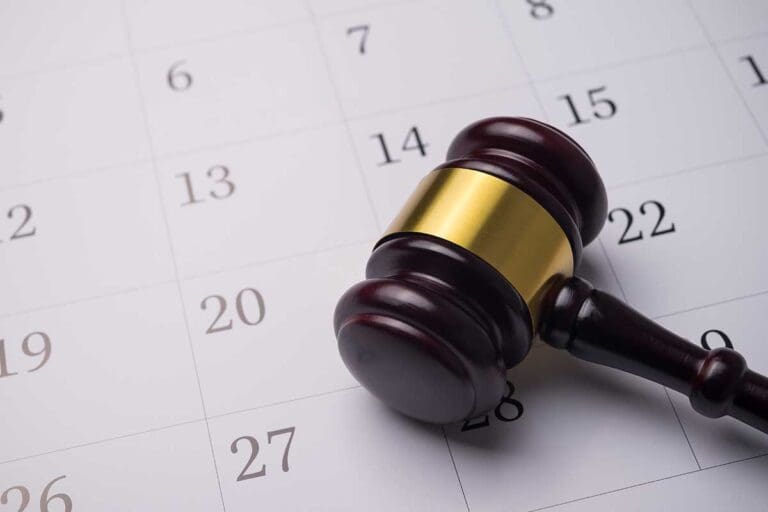Key Takeaways
A police report provides an official, unbiased account of the accident.
Insurance companies rely heavily on police reports during claims evaluations.
A police report can strengthen your legal case by documenting facts and evidence.
It includes important details like witness statements, contact information, and scene observations.
Filing a report immediately ensures that accurate details are recorded while memories are fresh.
What is a Police Report?
A police report is an official document created by law enforcement officers who respond to an accident. It includes:
- Basic Details: The time, date, and location of the accident.
- Parties Involved: Names, contact information, and insurance details for all individuals involved.
- Witness Accounts: Statements from anyone who saw the accident happen.
- Officer Observations: Notes about road conditions, weather, or other contributing factors.
- Citations Issued: If any party violated traffic laws, the report will note citations or tickets.
This document provides a neutral, third-party account of what happened and serves as a critical piece of evidence.
How a Police Report Helps with Insurance Claims
Insurance companies rely heavily on police reports to determine fault and evaluate claims. Here’s how it helps:
- Establishing Fault: The officer’s observations and conclusions about the cause of the accident can help identify the responsible party.
- Supporting Your Claim: A well-documented police report strengthens your case and reduces disputes about what happened.
- Accelerating the Process: With a police report on file, insurers can quickly access the facts, expediting claim approvals.
Without a report, it becomes a “he said, she said” situation, making it harder to prove your version of events.
Strengthening Your Legal Case
If your accident leads to a personal injury claim, a police report is invaluable for legal proceedings. Here’s why:
- Evidence of Negligence: The officer’s observations can provide evidence that supports your argument.
- Witness Statements: The report includes contact details and accounts from witnesses, which can strengthen your case in court.
- Timely Documentation: A police report ensures that the facts of the incident are recorded while they’re still fresh, preventing future disputes.
How to Obtain a Police Report
- Request it from the Police Department: Contact the department where the officer filed the report.
- Provide Relevant Information: Be ready to share details like the accident date, location, and names of those involved.
- Pay a Small Fee: In most cases, there’s a nominal charge to obtain a copy of the report.
What If Police Don’t Arrive?
In some cases, officers may not respond to minor accidents. If this happens:
- File an incident report yourself with the local police station.
- Gather as much evidence as possible at the scene, including photos, witness statements, and contact details.
Conclusion
A police report is one of the most valuable tools for protecting your rights after an accident. It provides a neutral, factual account of the incident, which is critical for insurance claims and legal proceedings. Even for seemingly minor accidents, filing a police report can save you significant time and stress in the long run.







